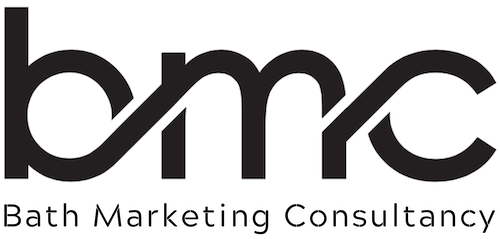Short for Web log, a blog is a Web page that serves as a publicly accessible personal journal for an individual. Typically updated daily, blogs often reflect the personality of the author.
Think about a “normal Web site.” It usually has a home page, with links to lots of sub-pages that have more detail. A small business site follows the same format — it might have a home page and five or 10 sub-pages. Most traditional Web sites follow this format. If the site is small, it is sort of like an online brochure. If it is large, it is like an electronic encyclopedia.
A blog is much simpler:
A typical blog has a main page and nothing else. On the main page, there is a set of entries. Each entry is a little text blurb that may contain embedded links out to other sites, news stories, etc. When the author adds a new entry, it goes at the top, pushing all the older entries down which are then ‘archived’ according to the settings made at set up stage.
Basically, a blog is a lot like an online journal or diary. The author can talk about anything and everything. Many blogs are full of interesting links that the author has found. Blogs often contain stories or little snippets of information that are interesting to the author and can generate debate through ‘comments’ made by other people.
Many blogs have a focus. For example, if a blogger is interested in marketing, the blogger might go to the main publisher marketing sites and then show and post entries of the things of interest he/she sees there. If a blogger is interested in a certain disease, he/she might post every news article and every piece of research he/she finds on the disease. If a blogger is interested in economic issues, he/she might post links to articles that discuss the economy and then offer commentary on them.
There are people who use their blogs simply as a scrapbook — a form of online memory. Whenever the author finds a link or a snippet of information that he/she wants to remember, it gets posted in the blog. Even if no one else ever looks at it, it is still useful to the author because the blog is a searchable electronic medium that the author can access with a Web browser anywhere in the world.
In other words, a blog can be anything the author wants it to be! In marketing terms, I see them as an add-on to your website that can replace the need for CMS functionality on a website, act as a link building tool, demonstrate credibility in your chosen sector AND they can be linked to aid social media. So……if you don’t have a Blog, get in touch with Bath Marketing Consultancy asap.



